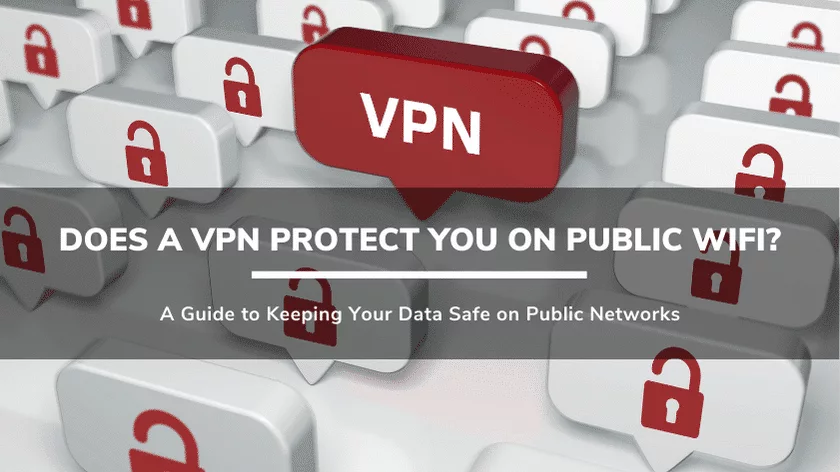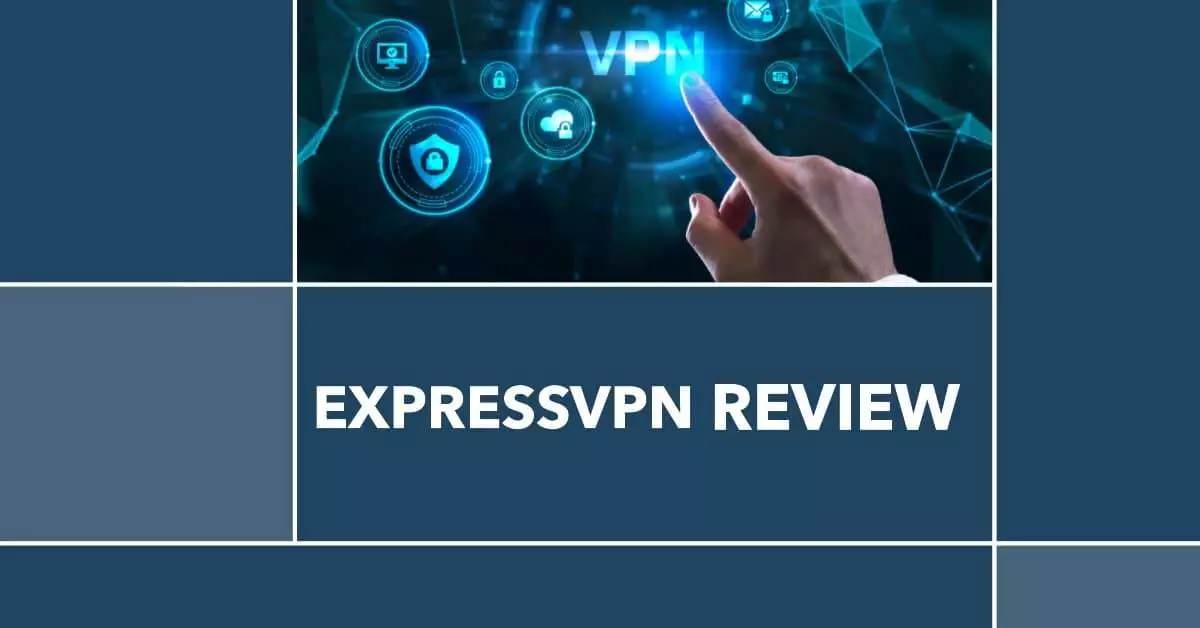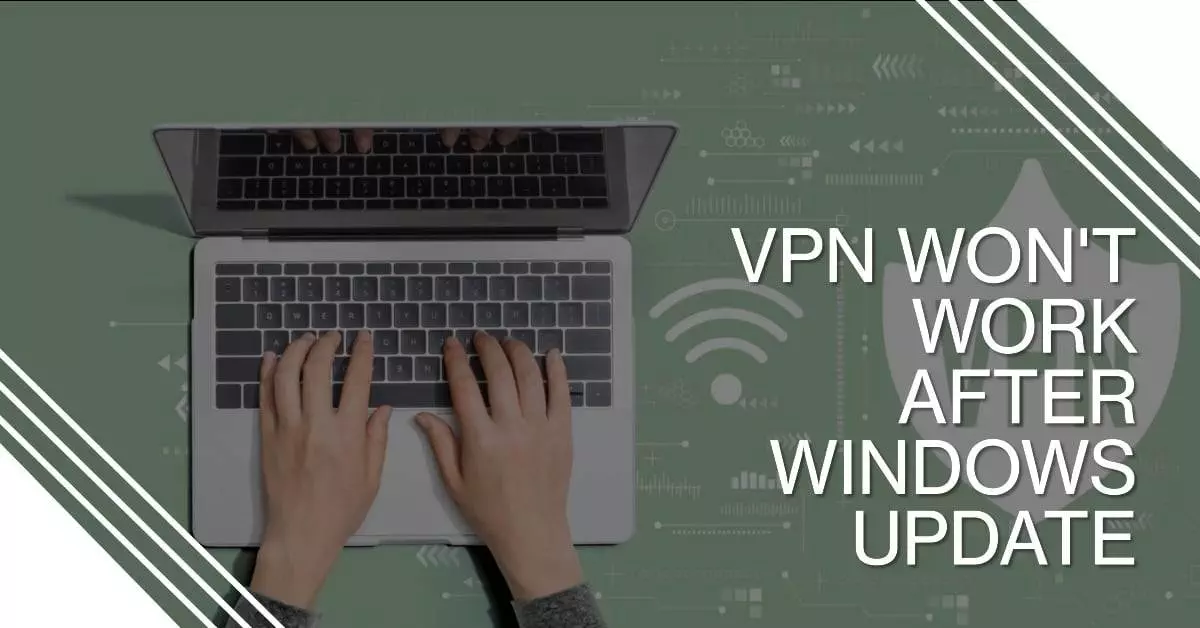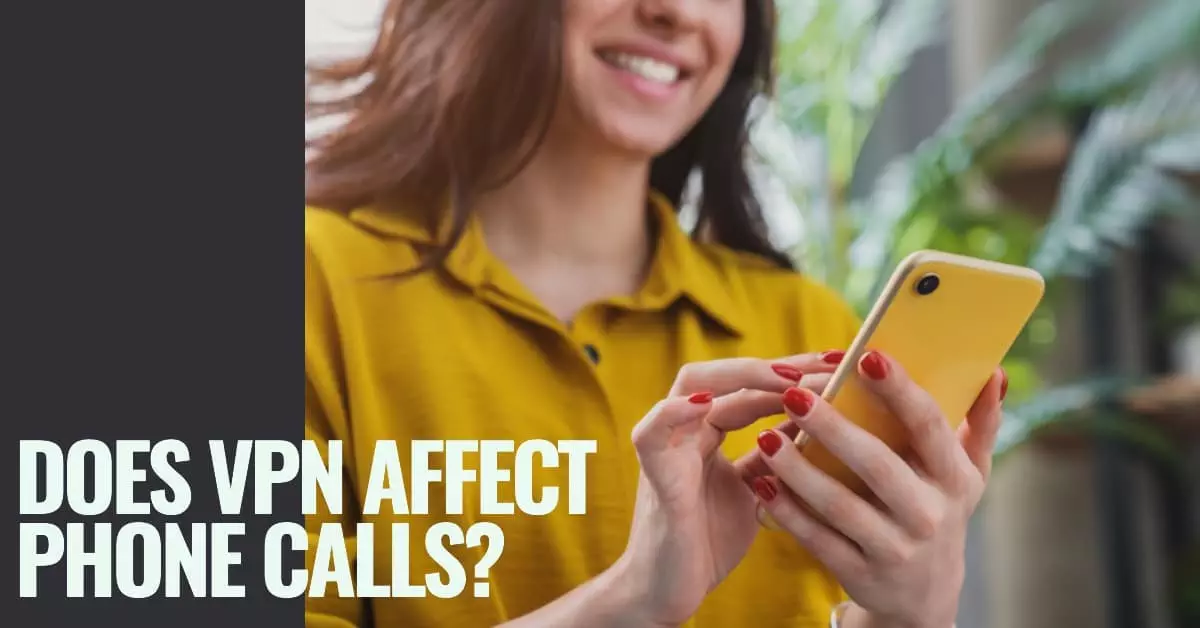Does a VPN protect you on public WiFi? Find out the answer by reading this article!
When you’re out and about, it can be really convenient to use public WiFi hotspots. After all, who wants to waste their data allowance when they don’t have to?
But what many people don’t realize is that public WiFi is one of the least secure ways to connect to the internet, especially if you’re not taking the necessary precautions.
If you’re someone who uses public WiFi networks frequently, a VPN might be something you’ve considered. But can using one really protect your personal information on public WiFi?
The quick answer is yes, it can. But if you’d like to find out more about exactly how it does that, read on.
What Is a VPN?
A virtual private network, or VPN, is a private network that uses public infrastructure like the internet to provide remote users secure access to their organization’s network.
A VPN can be used to encrypt traffic between two computers or to connect to a private network over the internet and can help improve security and protect against potential attacks.
For example, if an employee is working in a coffee shop or other public and needs to access sensitive data, they can connect to the VPN to encrypt their traffic and prevent anyone from eavesdropping on their connection.
A VPN can also be used to bypass restrictions and browse the internet safely and securely. In some countries, ISPs may block certain websites or restrict access to certain content.
By connecting to a VPN, users can bypass these restrictions and browse the internet freely. A VPN is a versatile tool that can help improve security and enable users to access the internet safely and securely.
How Do VPNs Work?
Most of us have grown accustomed to using public Wi-Fi networks whenever we’re out and about. Whether we’re working at a coffee shop, catching up on the news at the airport, or checking our email at the library, public Wi-Fi has become a staple of modern life.
Unfortunately, public Wi-Fi networks are also notoriously insecure. Because they are open to anyone who wants to use them, public Wi-Fi networks are easy targets for hackers and cybercriminals.
Even if you take precautions like using a VPN or not accessing sensitive information while connected to public Wi-Fi, you can still be at risk. Hackers can set up fake public Wi-Fi networks that look legitimate but are actually designed to steal people’s information.
So next time you’re looking for a public Wi-Fi network to connect to, be sure to do your research first and only connect to networks that you know are secure.
Once you’re connected to the VPN, all of your traffic will go through the VPN server before reaching its destination. This makes it much more difficult for someone to intercept your data or track your online activity.
VPNs are particularly useful when you’re using public Wi-Fi, but they can also be helpful in protecting your privacy when you’re browsing the web at home.
What Makes Public WiFi Risky?
Public Wi-Fi is vulnerable
The vast majority of public networks you connect to will have a vulnerability of some sort, whether it’s an outdated protocol or a flaw in the network itself.
And because most networks don’t require a password, it’s easy for someone to connect to the network and start sniffing out traffic. All it takes is for one opportunist to be on the same network as you and they can start trying to intercept your data.
Even if a public WiFi network is using the latest and greatest security protocol, there’s no guarantee that it’s safe. In fact, many of the most popular protocols have been shown to be vulnerable to attack.
So even if you’re connecting to a network that’s using WPA or WPA-II, your data is still at risk. The only way to be sure that your data is safe on a public WiFi network is to use a reliable VPN (recommendations below!).
Hackers see it as an easy target
Pretty much every public space you visit will have some sort of Wi-Fi network set up. And because public Wi-Fi is so ubiquitous, it’s become an attractive target for hackers.
After all, why would a hacker spend time and effort trying to break into a secure private network when they can just set up their own Wi-Fi hotspot in a coffee shop and wait for unsuspecting victims to connect?
And once they’ve got you on their network, they can start trying to intercept your data. So if you’re using public Wi-Fi, it’s important to be aware of the risks and take steps to protect yourself.
Your data is not secure
Because public Wi-Fi networks are not password-protected, anyone within range can potentially access your personal data, including your passwords, financial information, and even your browsing history.
If you’re not using a VPN, all of this data is sent unencrypted which means anyone who’s looking can intercept it. That’s why you should never do anything sensitive like online banking or shopping on public Wi-Fi without first connecting to a VPN. It’s not worth the risk!
Safety Tips for Using Public WiFi
Now that you’ve learned more about the risks of using public WiFi and how a VPN can help, here are some tips for staying safe:
- Avoid using public WiFi for sensitive activities like online banking or email.
- Connect to a VPN before using public WiFi.
- Be aware of your surroundings and who might be able to see your screen.
- Use caution when accessing websites that require inputting personal information
Taking the above tips into account will help you stay safe when using public WiFi. By being aware of the risks and taking steps to protect your data, you can browse the internet with peace of mind.
What personal information is at risk on public Wi-Fi?
You’ll now be aware that any data sent over public Wi-Fi is at risk of being intercepted. But what sort of data are we talking about?
Well, pretty much anything you do online could be vulnerable, including:
- Credit card information
- Passwords
- Financial information
- Personal identification numbers (PINs)
- Social security numbers
- Email addresses
Want to make sure your data is safe on public Wi-Fi? The best way to do that is to use a reliable VPN. If you’re not sure where to start, then check out our top 5 VPNs for public Wi-Fi in the next section!
Best VPNs for Public Wi-Fi Hotspots
Final Thoughts on Does a VPN Protect You On Public WiFi
That concludes our complete guide to does a VPN protect you on public WiFi! By this point, you should be aware of just how vulnerable these types of networks are and how easy it is for opportunist cybercriminals to get their hands on your private information if you aren’t careful.
So, if you’re looking to keep those prying eyes at bay, investing in a solid, secure VPN like one of the services we’ve recommended above will undoubtedly be a wise decision!
FAQs
Are VPNs legal in my country?
You’re free to use VPNs in most countries throughout the world, but there are a few exceptions. In China, for example, using a VPN can result in severe consequences.
Therefore, if you live in or plan to visit a highly restrictive country, it’s important to check the laws before using a VPN.
Do I need a VPN if I have antivirus software?
While antivirus software is important, it only protects your device from malware. A VPN will encrypt your traffic and help protect your privacy online, so it’s worth combining these two tools to maximize your security.
Can I use a free VPN for public wifi hotspots?
There are several free VPNs available, but it’s important to be aware that many of them come with drawbacks. Free VPNs often have data limits, slow speeds, and may even sell your data to third parties.
For the best security and performance, we recommend using a paid VPN like the ones listed above.
Can public Wi-Fi block a virtual private network?
Yes, public WiFi networks can sometimes block the use of VPNs, which is usually done by blocking the IP address of the VPN server. However, there are ways to get around this, such as using a server located in another country or connecting to the VPN through a different port.




Leave a Reply